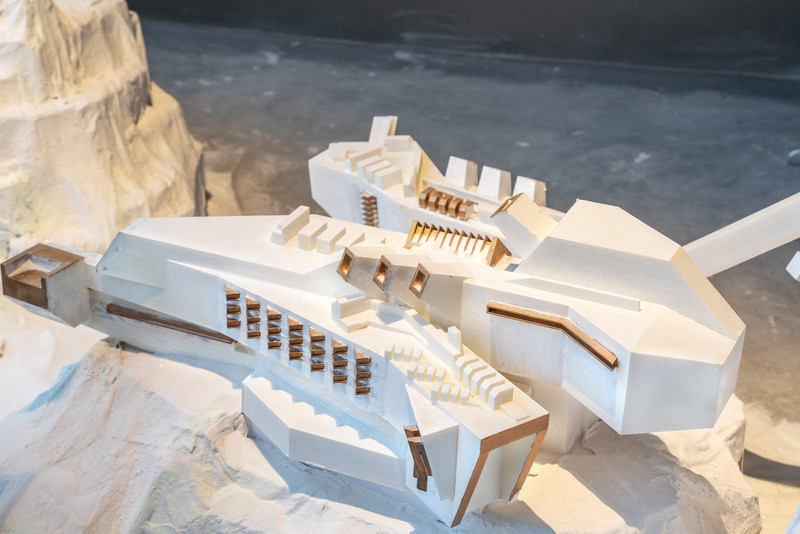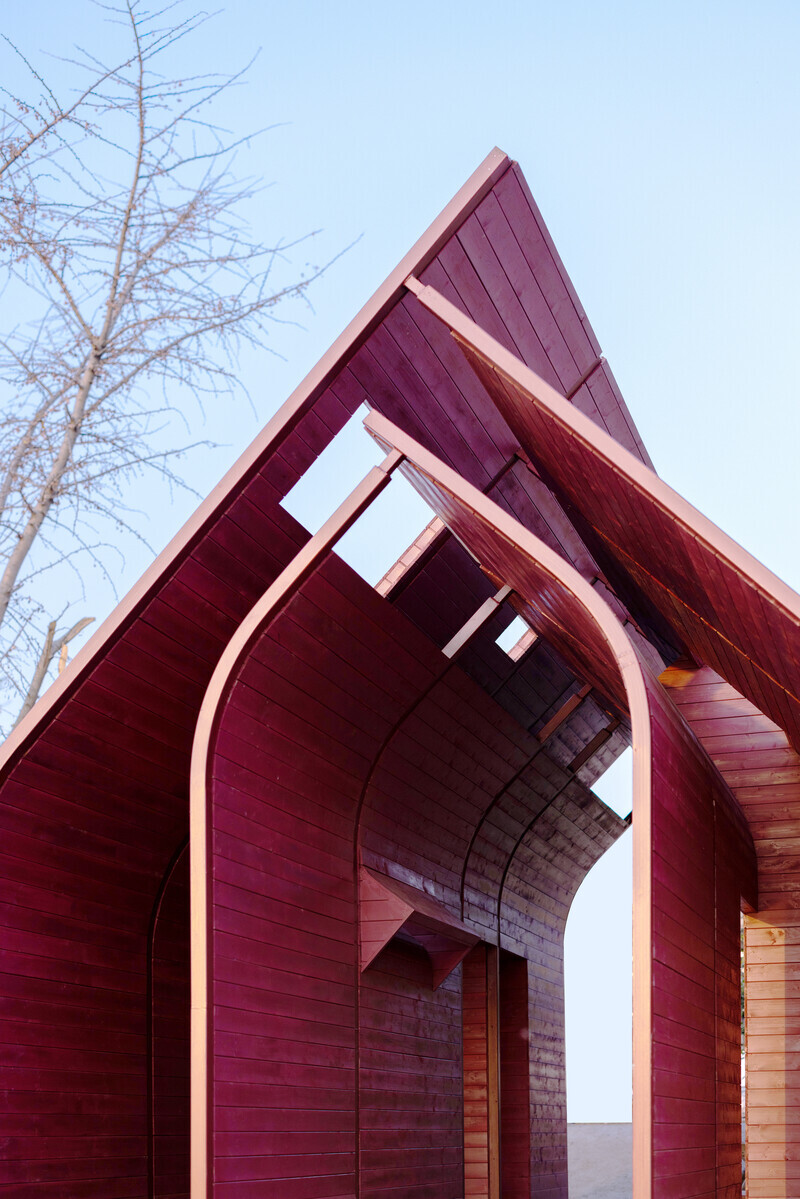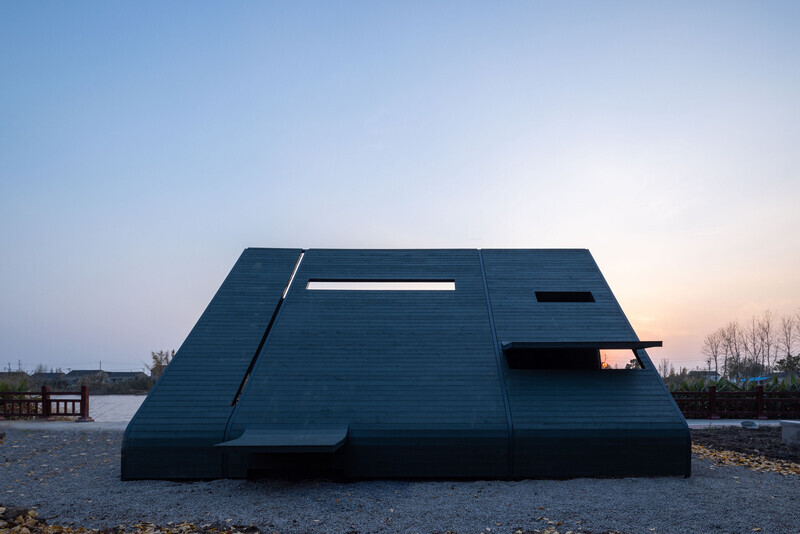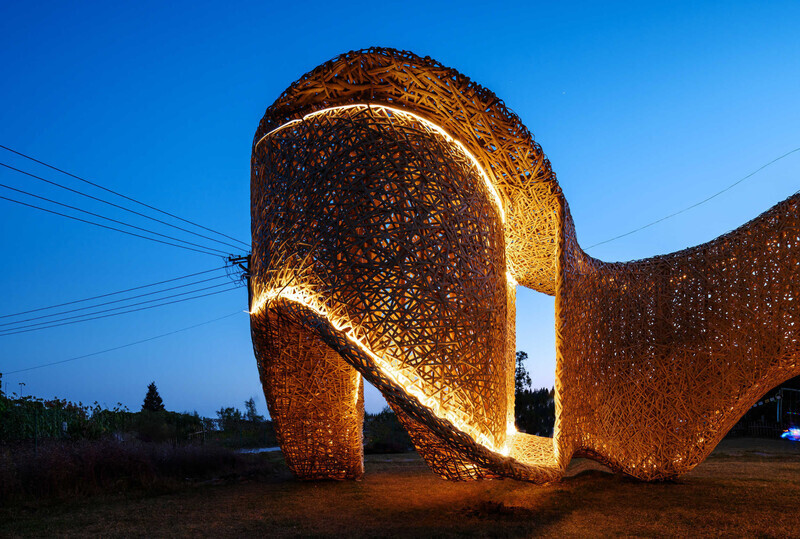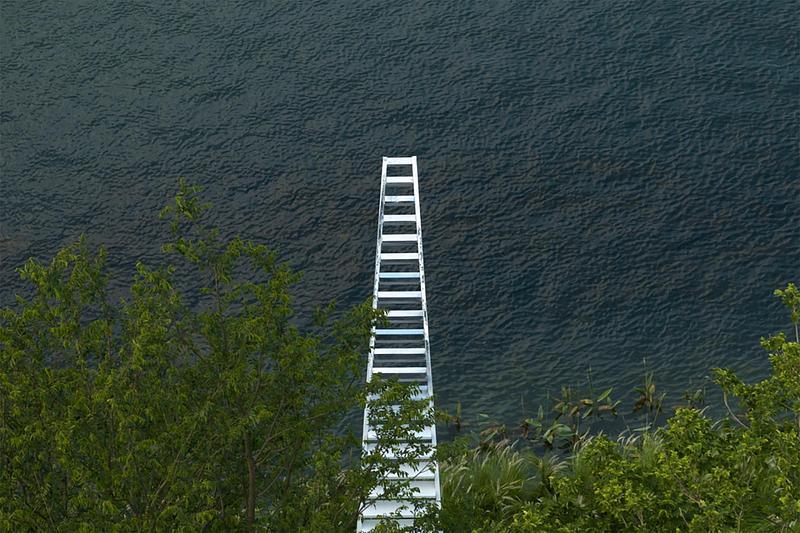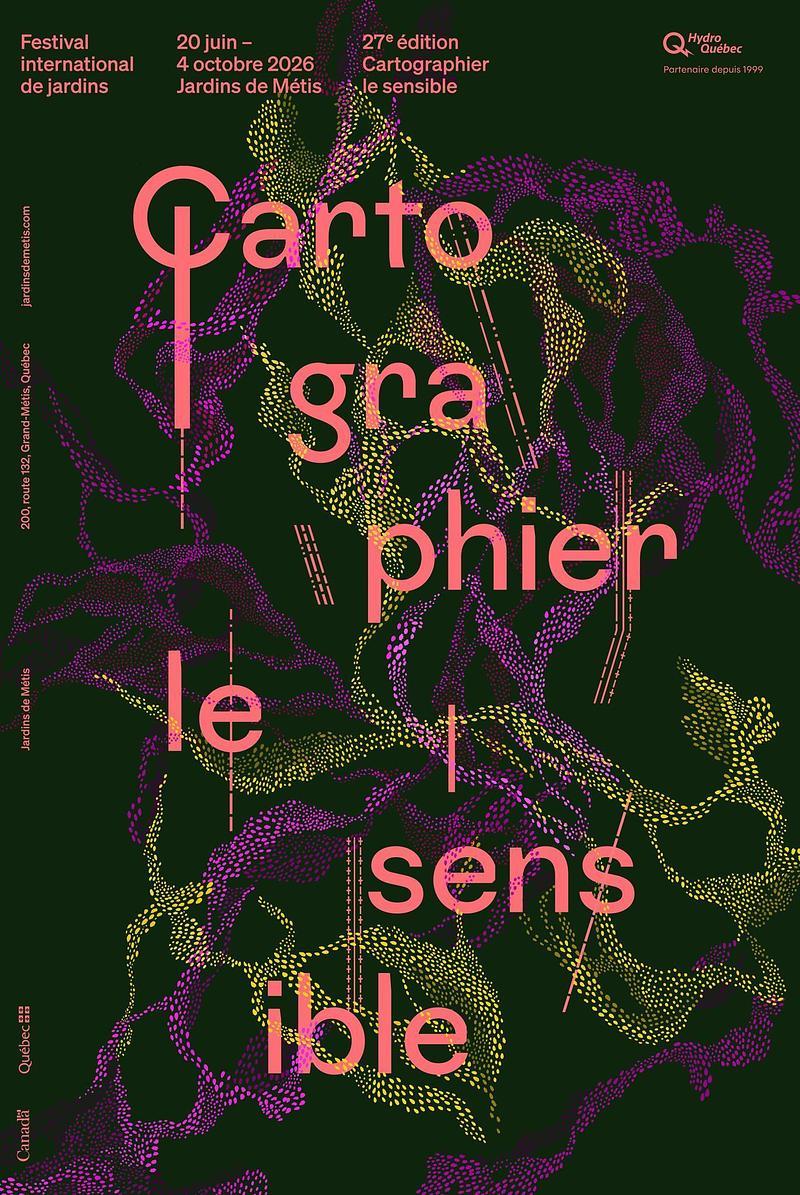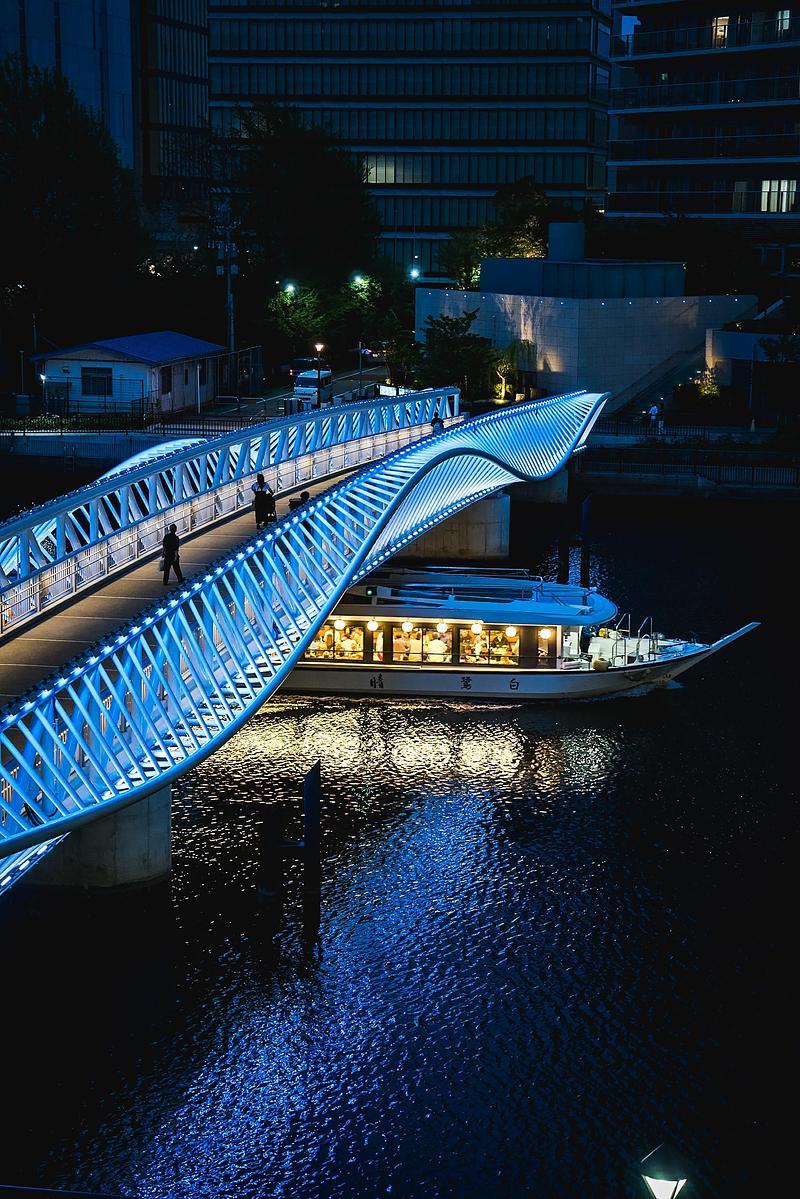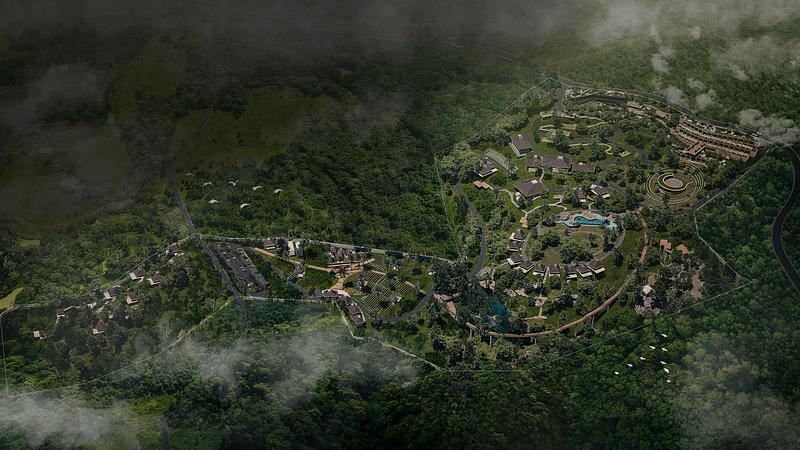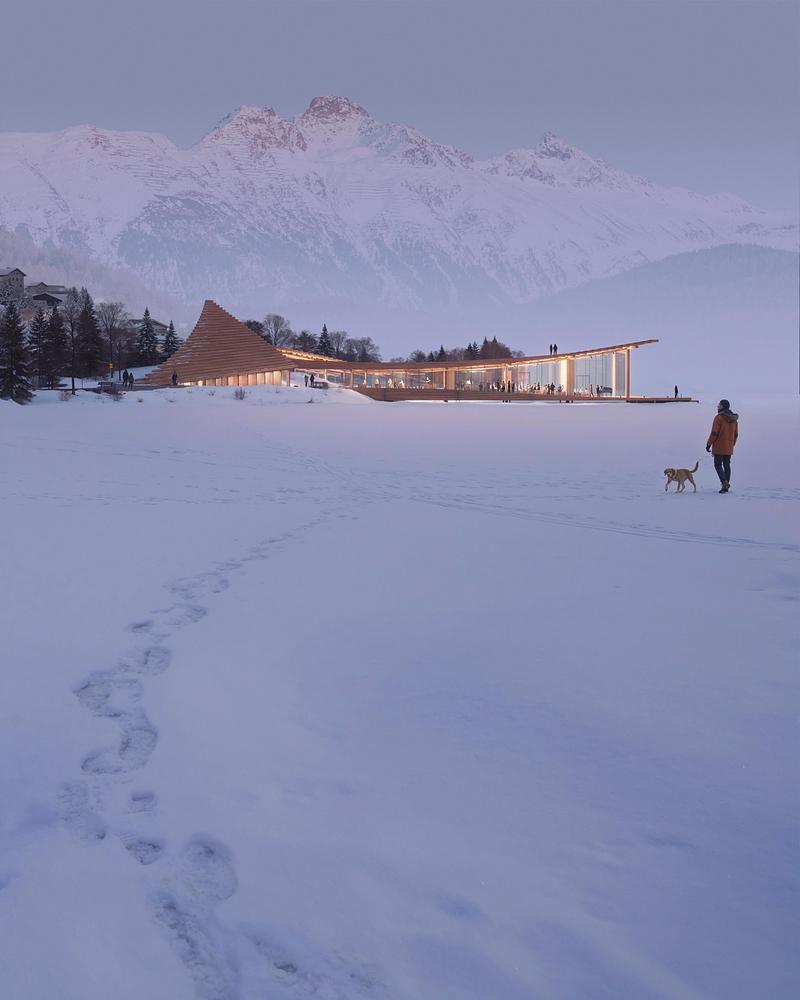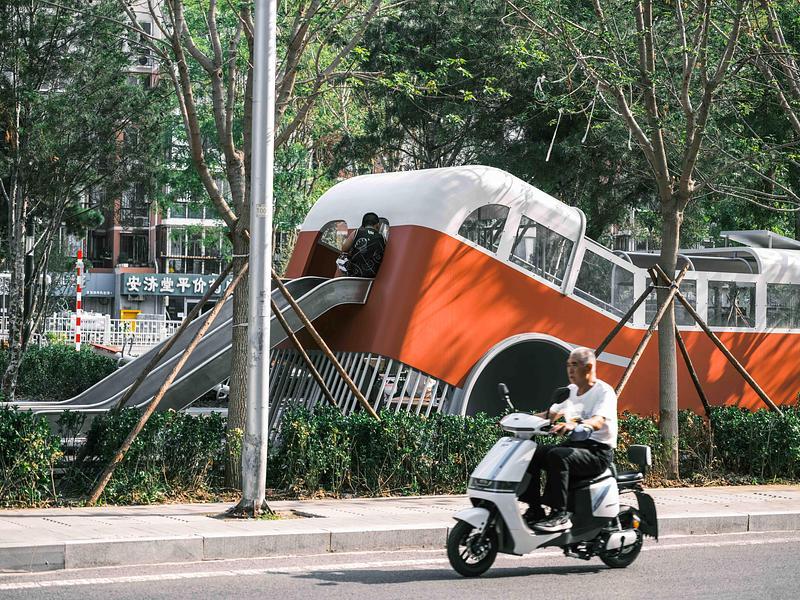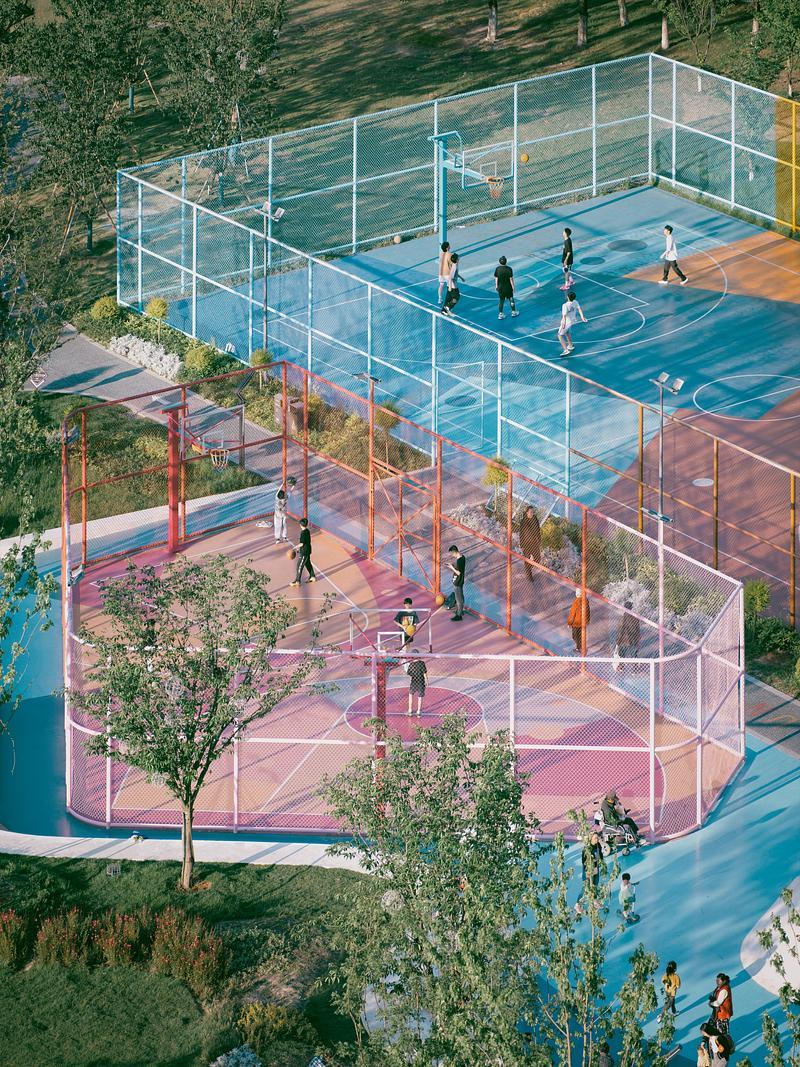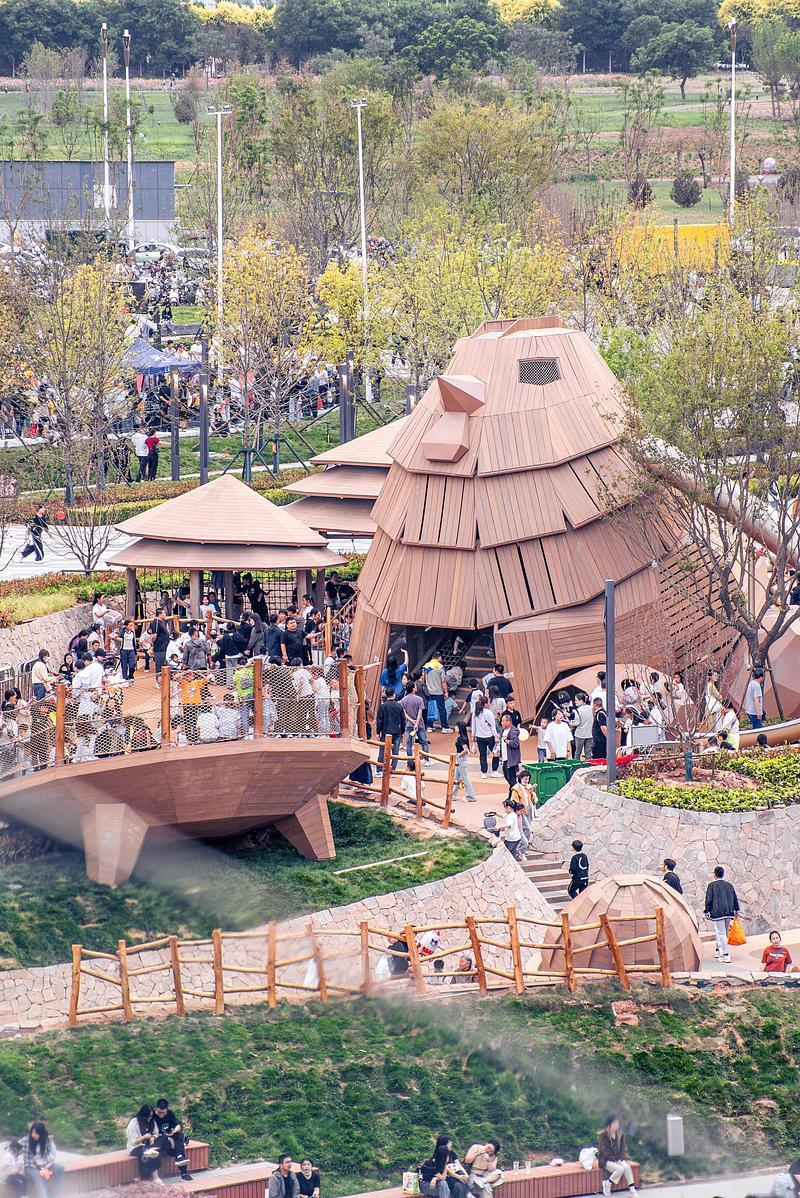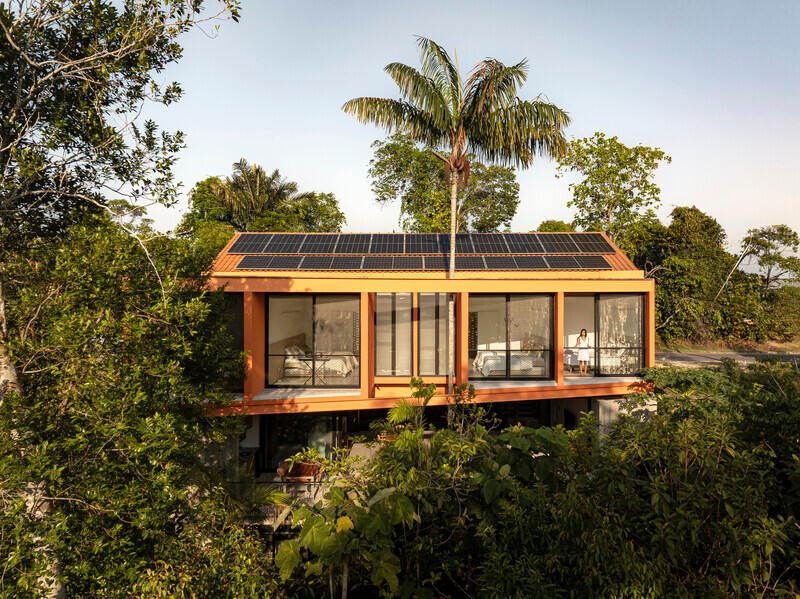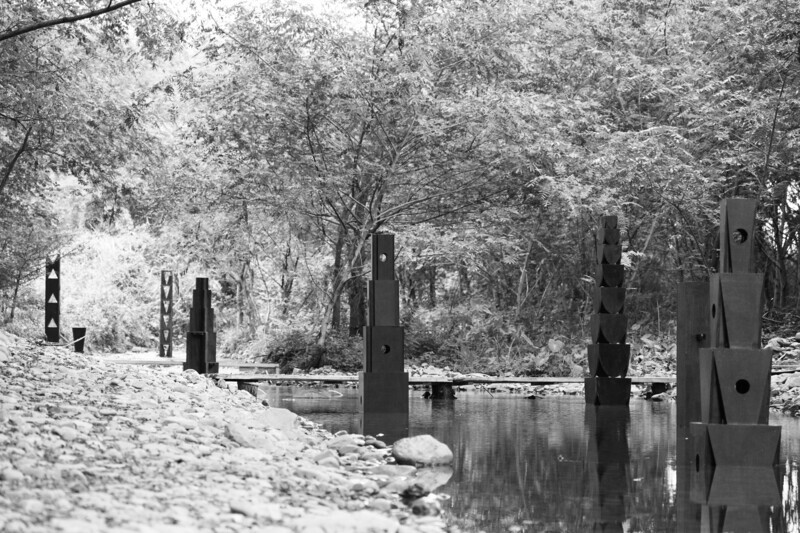
Dossier de presse | no. 5651-08
Communiqué seulement en anglais
Ten Caskets of the River Flow
LIN architecture
A Concerto of Ritual, Memory, River, and Time.
Along the riverbank, and amidst the woods, scattered in the shallow currents, ten small caskets of plain wood rest, varied in height. They range from eye-level to near the water’s edge: some stand as tall as a low ginkgo branch, beside a blue stone in the grove; others are short, knee-high in the shallows, semi-submerged in a river spit. The wood, reclaimed from old branches, has been steeped by frost and rain, and baked by the fierce sun until its colour is a deep black, with many fine cracks in its grain—the fresh breaks of the wood gleam pale gold, while the old stubs are dark brown.
Their base forms are also distinct. Those under the trees are either a simple cube, eye-level in height, with black wood bearing rain spots; or carved with a cross, reachable by an uplifted hand, with ginkgo petals collected in the pattern's gaps.
Those in the river are either cut with a triangular base, half-height near the water, the wood body wrapped in a thin layer of mud; or cut into a diamond shape, standing low at knee-height, with fine sand accumulated in the pattern's gaps.
The remaining few, either square or slanted, stand at shoulder-height to eye-level under the trees, and between knee and waist height in the river, all marked with the traces of wind, dew, and water.
The carved signs
Each casket’s front is lightly carved with a sign, all derived from the leaf veins of the surrounding trees, differing according to the wood type and form:
The sign on the cube casket—a ginkgo vein with a wide central line, the carving shallow and pale white, standing at eye-level;
The sign on the cross casket—the side veins slightly curved, the engraving marked by rain and clinging petal fragments, within reach of the hand;
The sign on the triangle casket—the end point slightly rounded, the indentations slightly darkened by water immersion, made of deeper, more solemn Pteroceltis (Qīngtán), the sign hidden by water moss, half-height near the water;
The sign on the diamond casket—the side veins branching, the carving embedding fine sand, made of ginkgo wood, which reflects the sand’s pale gold, the sign near the water, standing low at knee-height.
These signs hold no profound meaning; they merely record that each casket was born here, a companion to the forest wind, following the river waves.
The small rites
Upon arrival, visitors often perform a small ritual corresponding to a casket. Upon encountering the eye-level cube ginkgo casket under the tree, they place a riverbank smooth stone inside—the stone bearing the river tide, its whiteness contrasting with the black wood and pale gold fracture.
Upon encountering the reachable cross Pteroceltis casket under the tree, they tuck a fresh Pteroceltis leaf into the wood gap—the leaf holding spring sunlight, setting off the black wood and golden petals.
Upon encountering the half-height triangle casket in the river, they cup river heart water to drip upon the moss—the water flowing over the mossy coat, lightly touching the wood’s edge.
Upon encountering the knee-height diamond ginkgo casket in the river, they gather short river grass to stick into the mud seam—the grass carrying morning dew, swaying beside the mud-wrapped wood.
Ordinary memories
The ten small caskets were never intended to commemorate great events. One might recall listening to the ginkgo rustle with an old friend, the rain spots resembling old marks. Another might recall a child standing on tiptoe to pick up petals, the petal fragments concealing laughter. Another might recall an unprompted mood, seeing the wood grain mirroring the water’s flow, a fingertip touching the mossy dampness. Yet another might recall squatting to watch fish pass, the sand embodying ripples.
The remaining caskets, too, harbor ordinary thoughts, with the sun-and-water marks upon the black wood, the high and low points all bearing the traces of visitors’ pauses.
Things have no fixed form, but intention flows long. The wood is old, its colour a deep black, its grain bearing the marks of wind, dew, and flowing water, its fractures revealing its essence.
The signs are shallow signs, carved upon the black wood, some within sight, others near the light touch of a finger, or hidden beside water moss, each placed according to its height. Though the forms are varied—cube, cross, triangle, and diamond—their positions separate the tree-side from the river-midst, and their heights are scattered between eye-level and knee-height; both the ritual and the memory are light.
Just as the river flows without stopping, the ginkgo leaves yellow and grow green again, and the Pteroceltis branches wither and revive, the ten black wooden caskets, either standing or immersed along the grove and the bank, are neither intense nor passionate. Yet they form one whole with the wind, the dew, the flowing water, the ginkgo, and the Pteroceltis.
Technical sheet
Location: Anhui, China
Type: Landscape architecture installation
Design and Drawing: Lin Lifeng, Chai Zongrui, Dai Jiaye
On-site Construction team: Fu Zhen (serving as Management), Xu Fanyu, Qi Yi, Gao Mengxin, Wu Youran, Ye Sitong, Li Qiangrui, Lai Xun, Xu Yijia, Gong Wanying, Wang Tianqi, Cen Xiangyi, Sun Xianggui, Ge Yuchen, Zhou Ziwei, Huang Weitao, Wang Zijun, Xu Zhensou, Lan Ling, Dan Jiarui, Luo Yujie, Shen Guoqiang, Bao Shijin, Chen Kai, and Hou Yutong, among others
On-site Operations: Hai Jie and Xiao Ye
Collaborators: Shan Li Mei, You Hai, RAC International Art Education, Lan Architecture, Jingxian Dieying Fangzhou Culture & Tourism, Jingdao Yuanzhu
Area: each 0.5 ㎡
Height: 0.5m-3m
Completed date: 2025/08/01
Material: Raw wood, mixed paint
About LIN architecture
LIN architecture is a cutting-edge design and research institution in Asia, dedicated to space research, design, and education. The creative field of the studio covers architecture, urban, landscape, interior, plane, interactive technology, cultural communication, design education, and virtual construction. The creative media include publication, exhibition, video, and other media arts.
Pour plus d’informations
Contact média
- Lin architecture
- lifeng lin
- lin@lin.archi
- +86 13818413814
Pièces jointes
Termes et conditions
Pour diffusion immédiate
La mention des crédits photo est obligatoire. Merci d’inclure la source v2com lorsque possible et il est toujours apprécié de recevoir les versions PDF de vos articles.
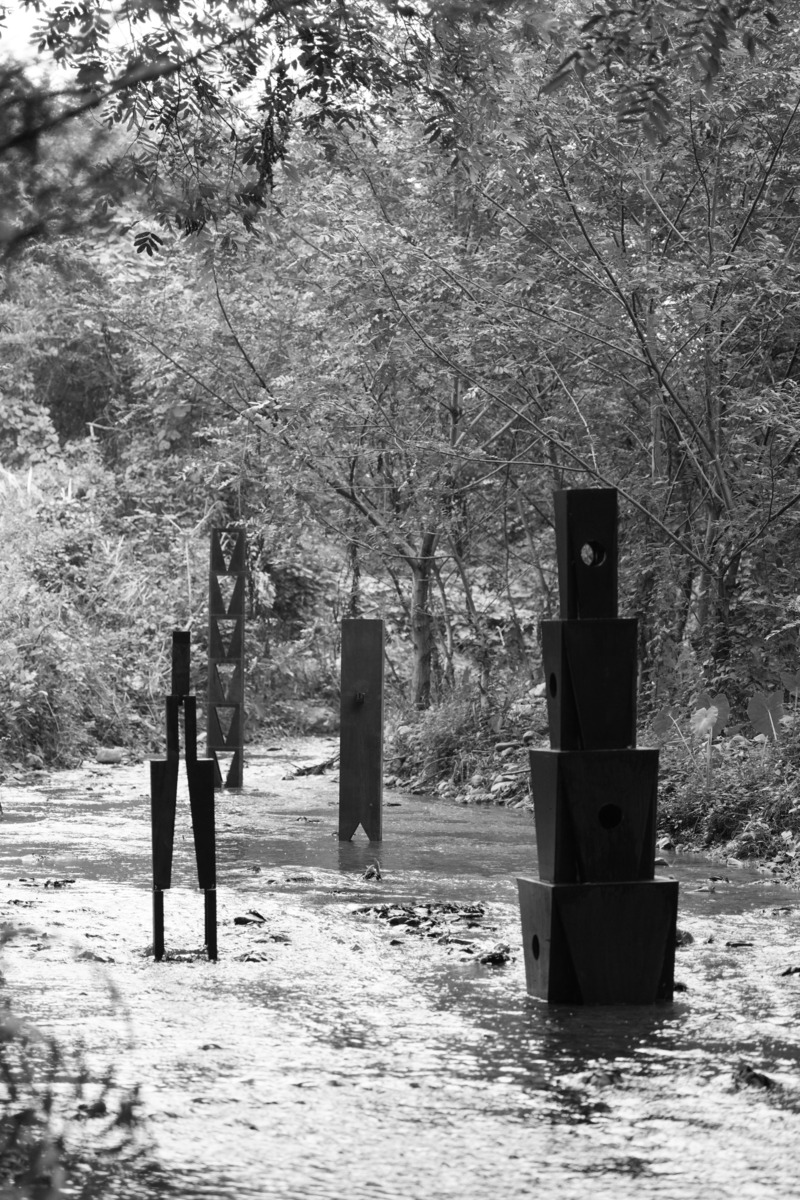
Image très haute résolution : 13.87 x 20.8 @ 300dpi ~ 14 Mo
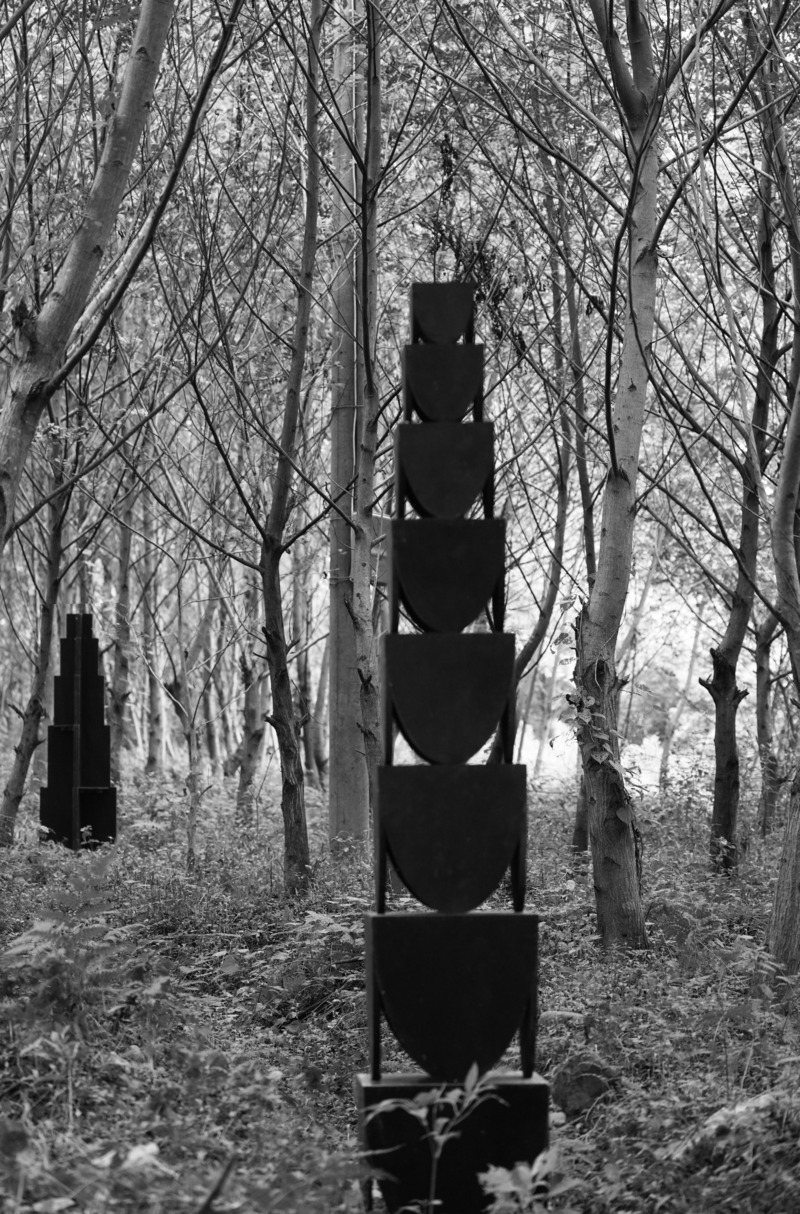
Image très haute résolution : 13.28 x 20.16 @ 300dpi ~ 13 Mo
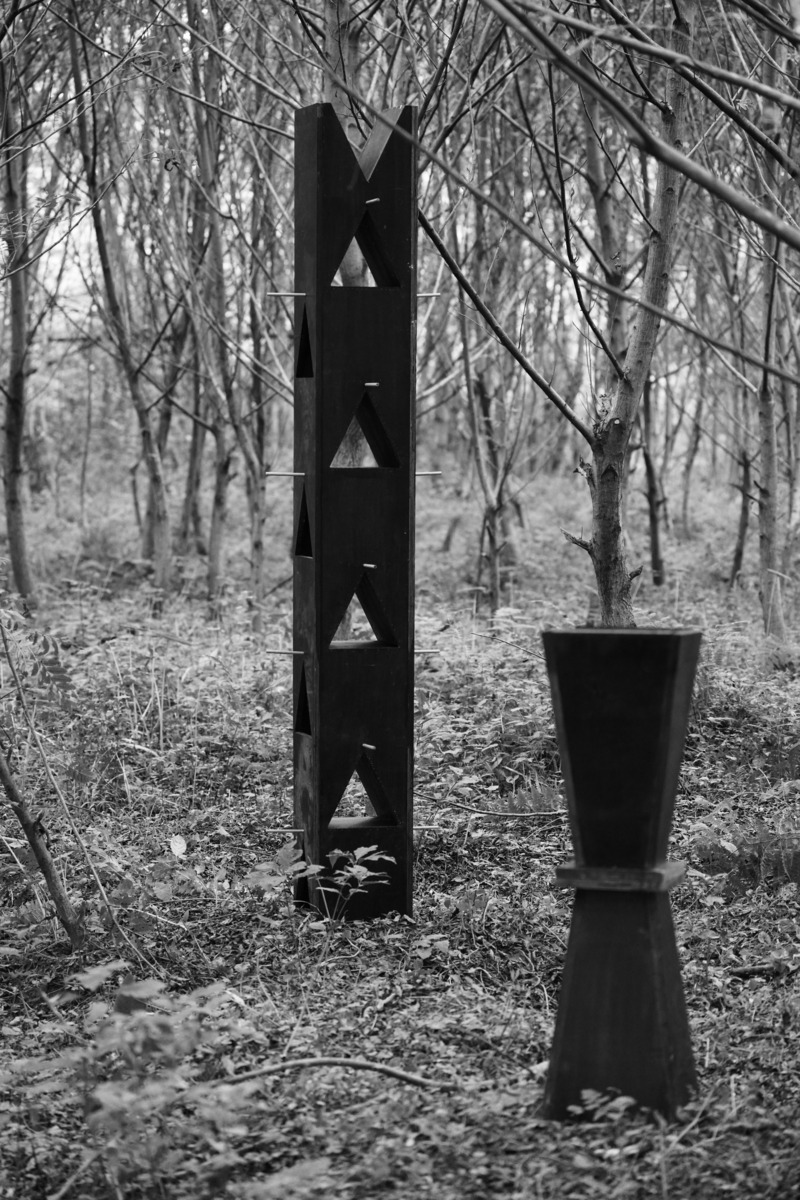
Image très haute résolution : 13.87 x 20.8 @ 300dpi ~ 14 Mo
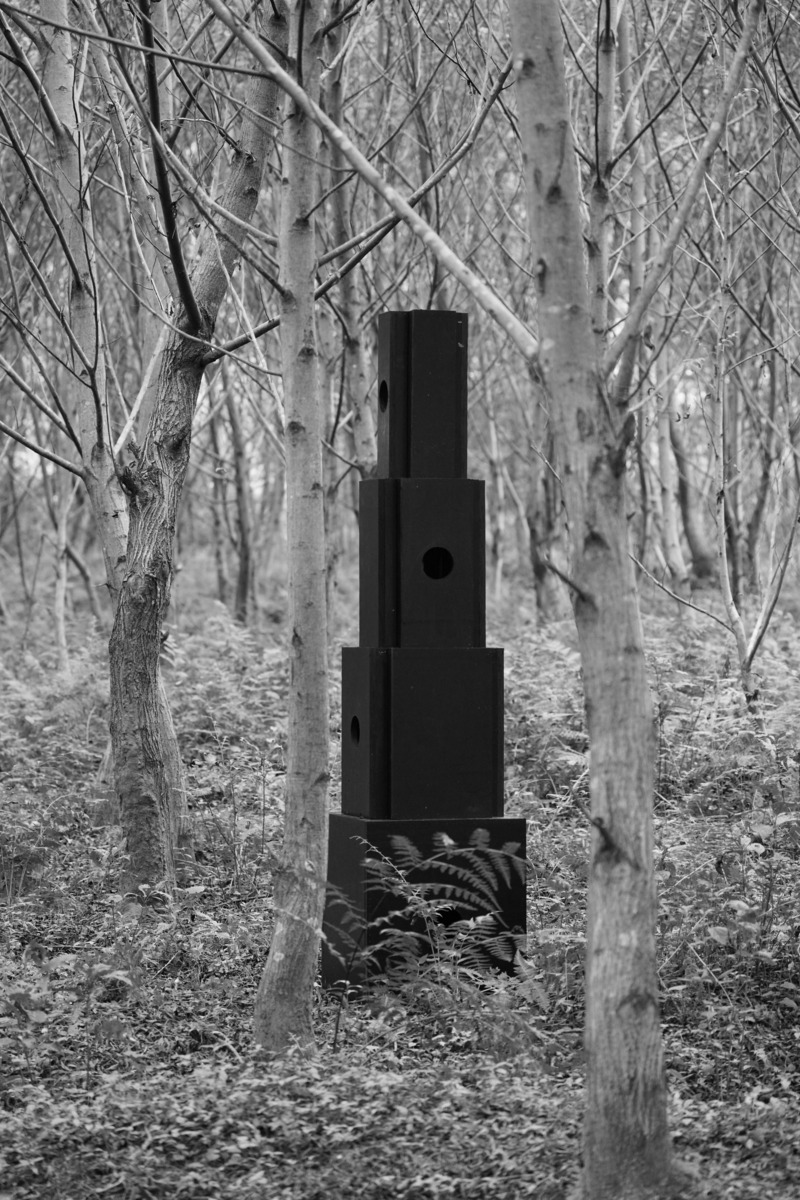
Image très haute résolution : 13.87 x 20.8 @ 300dpi ~ 14 Mo
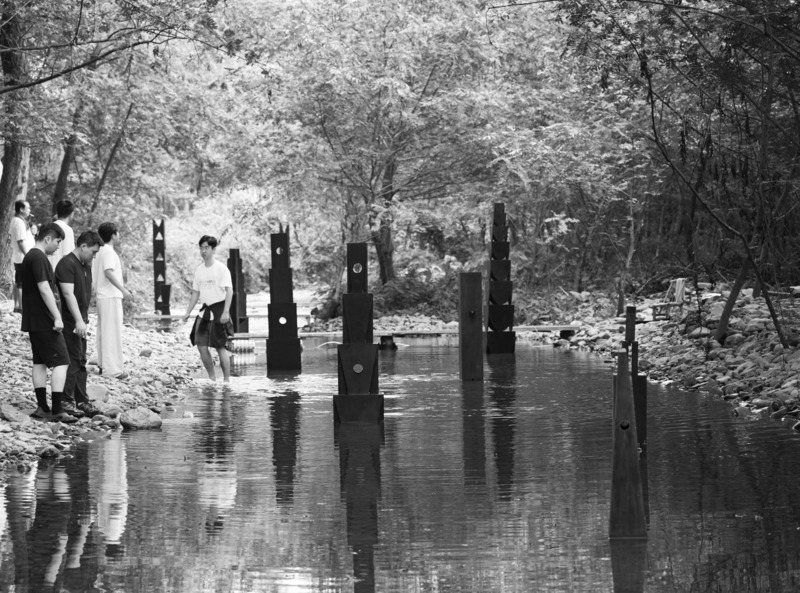
Image très haute résolution : 18.72 x 13.87 @ 300dpi ~ 12 Mo
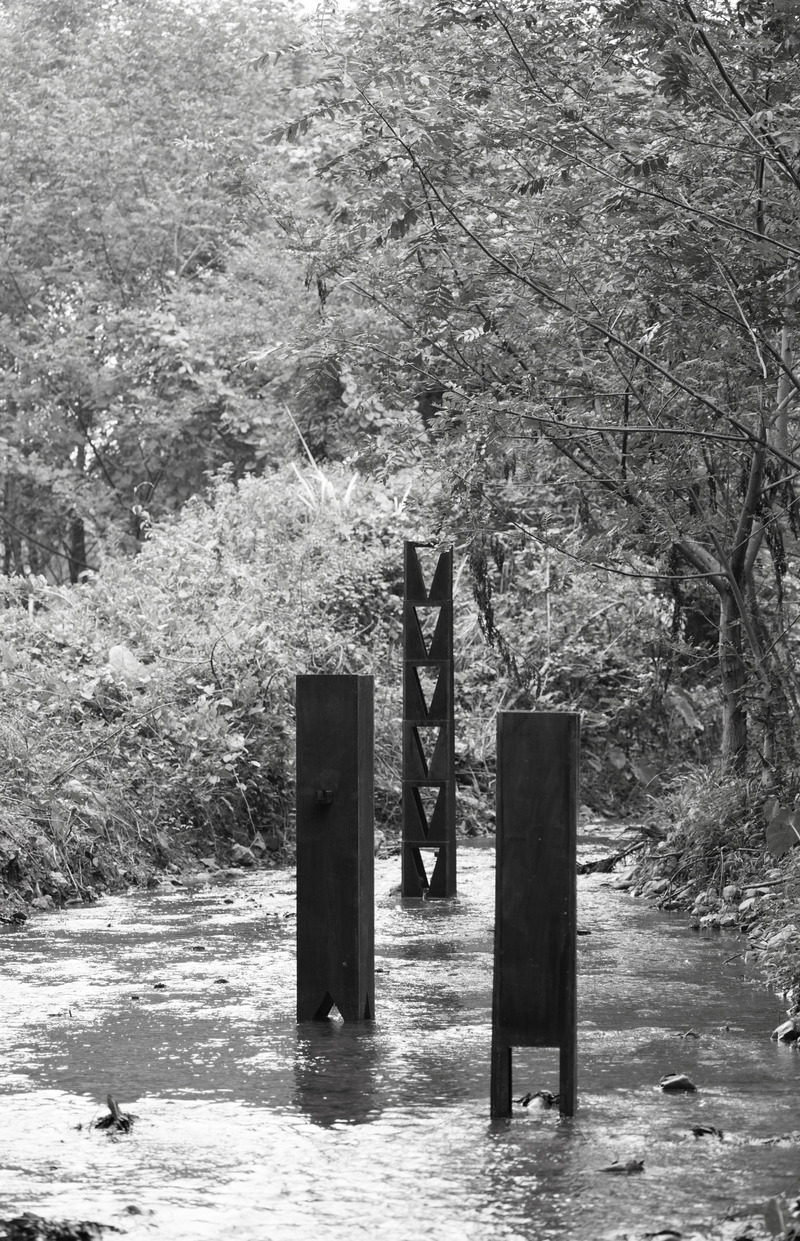
Image très haute résolution : 12.85 x 19.95 @ 300dpi ~ 12 Mo
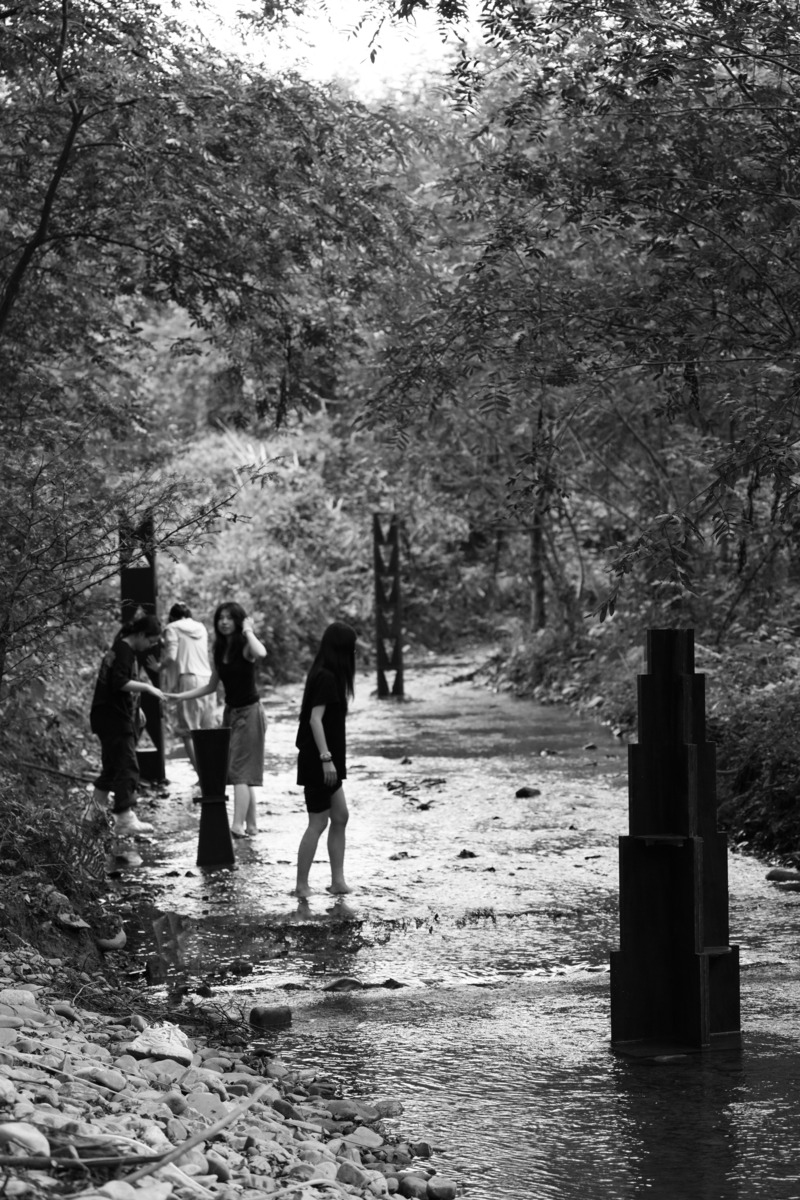
Image très haute résolution : 13.87 x 20.8 @ 300dpi ~ 13 Mo
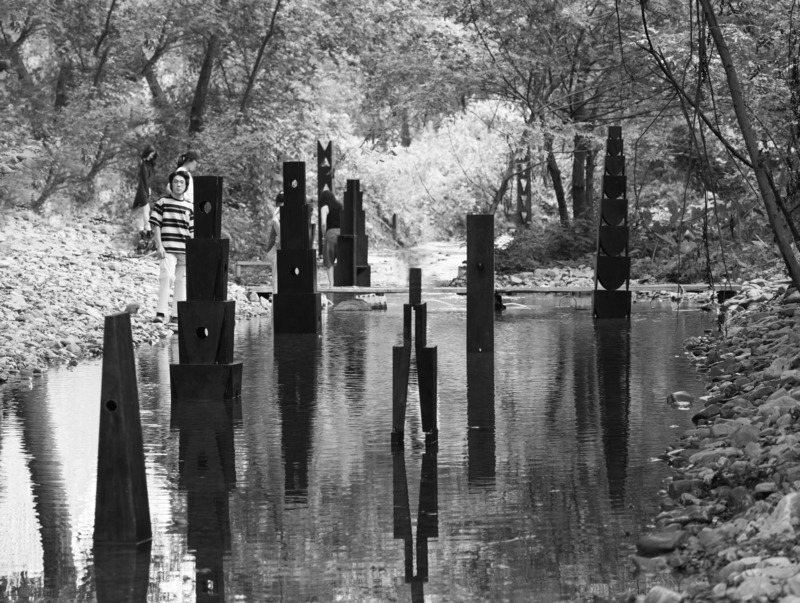
Image haute résolution : 14.52 x 10.95 @ 300dpi ~ 7,6 Mo
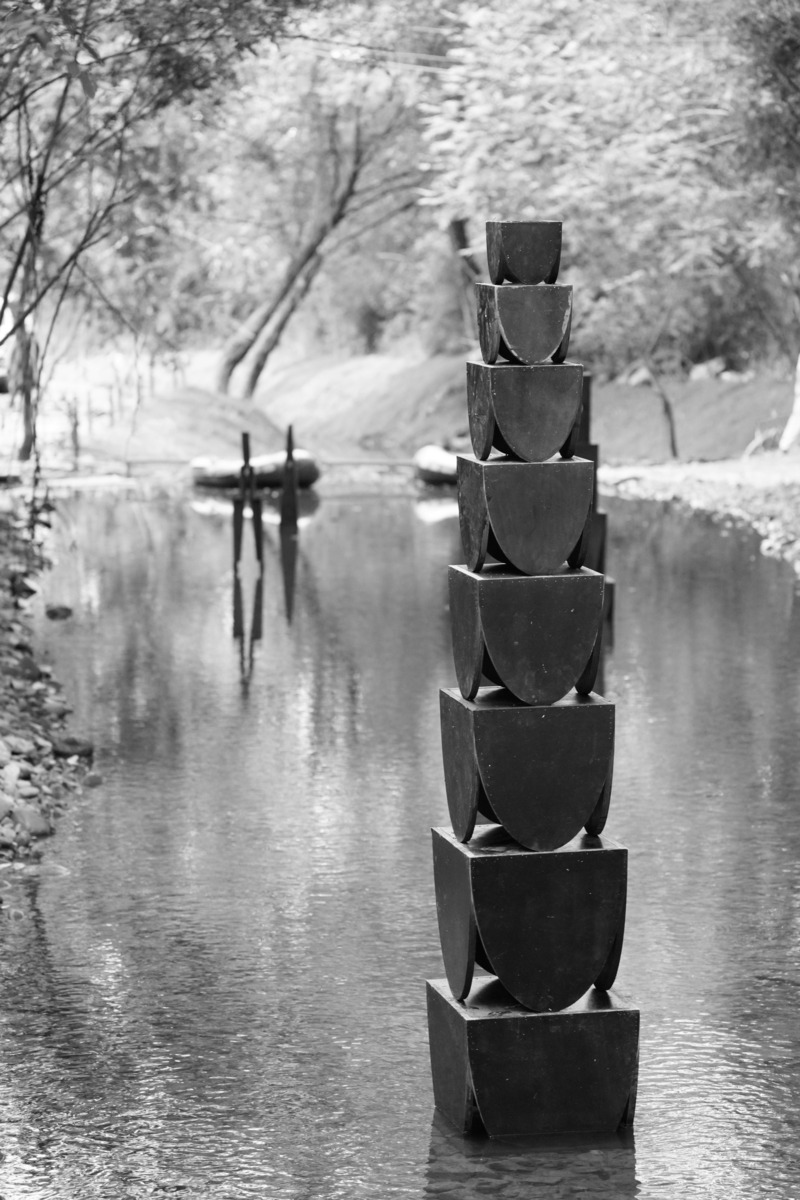
Image très haute résolution : 13.38 x 20.07 @ 300dpi ~ 10 Mo
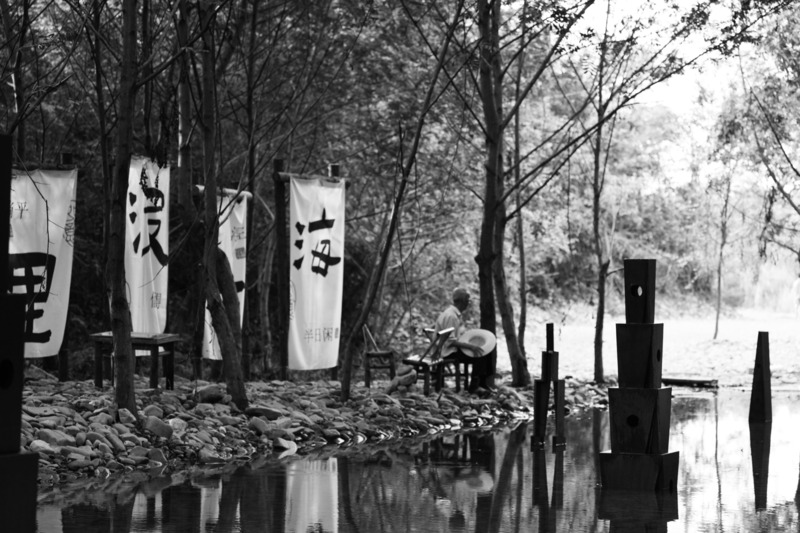
Image très haute résolution : 20.8 x 13.87 @ 300dpi ~ 11 Mo
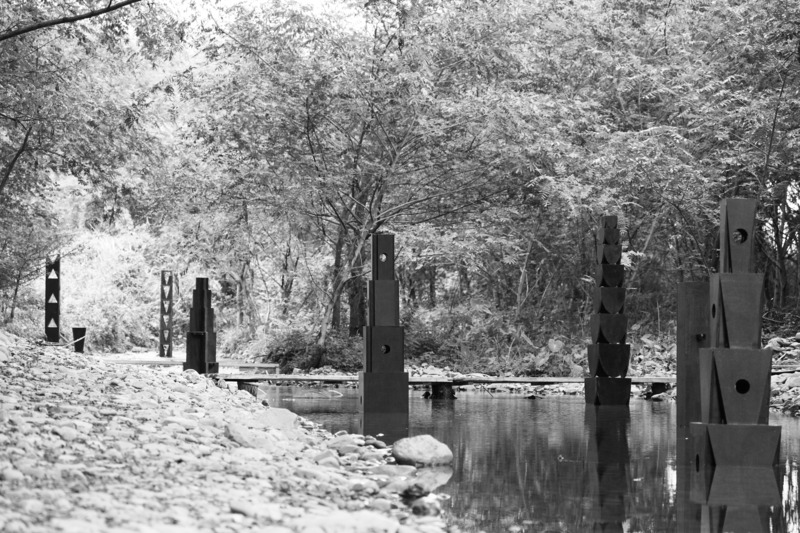
Image très haute résolution : 20.8 x 13.87 @ 300dpi ~ 14 Mo
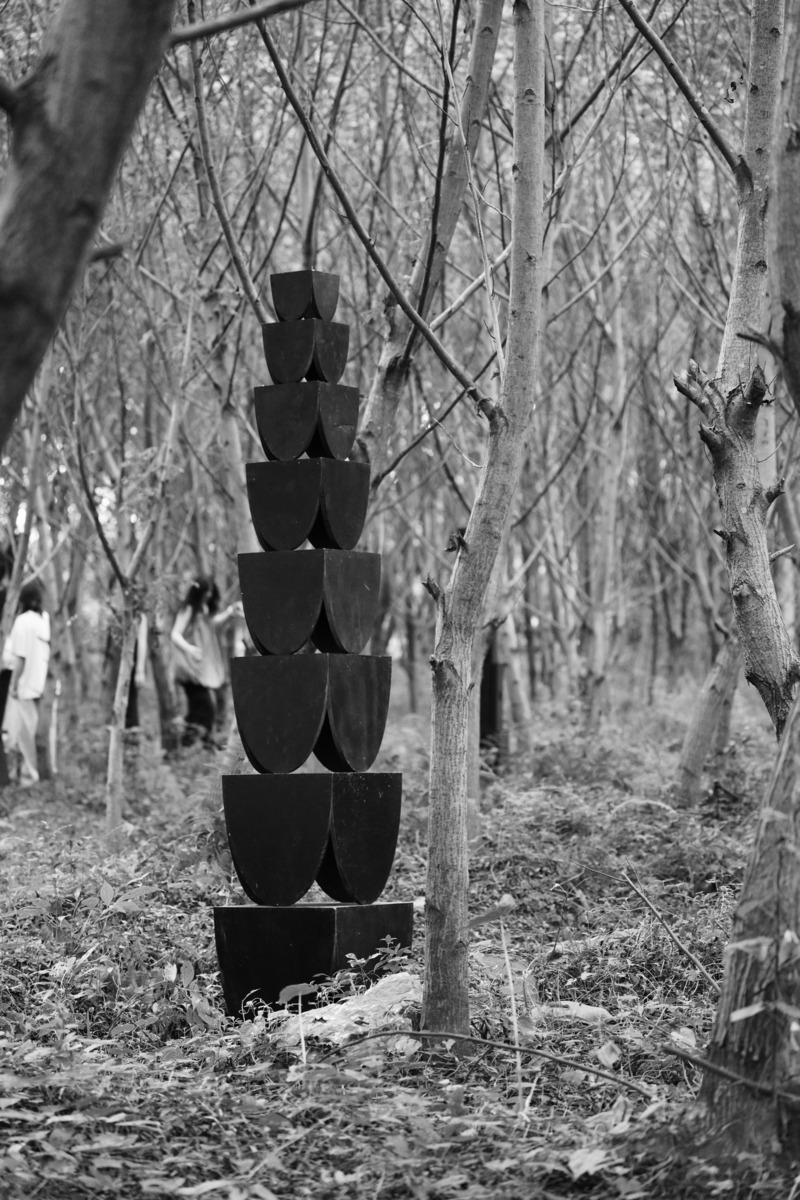
Image très haute résolution : 13.87 x 20.8 @ 300dpi ~ 14 Mo
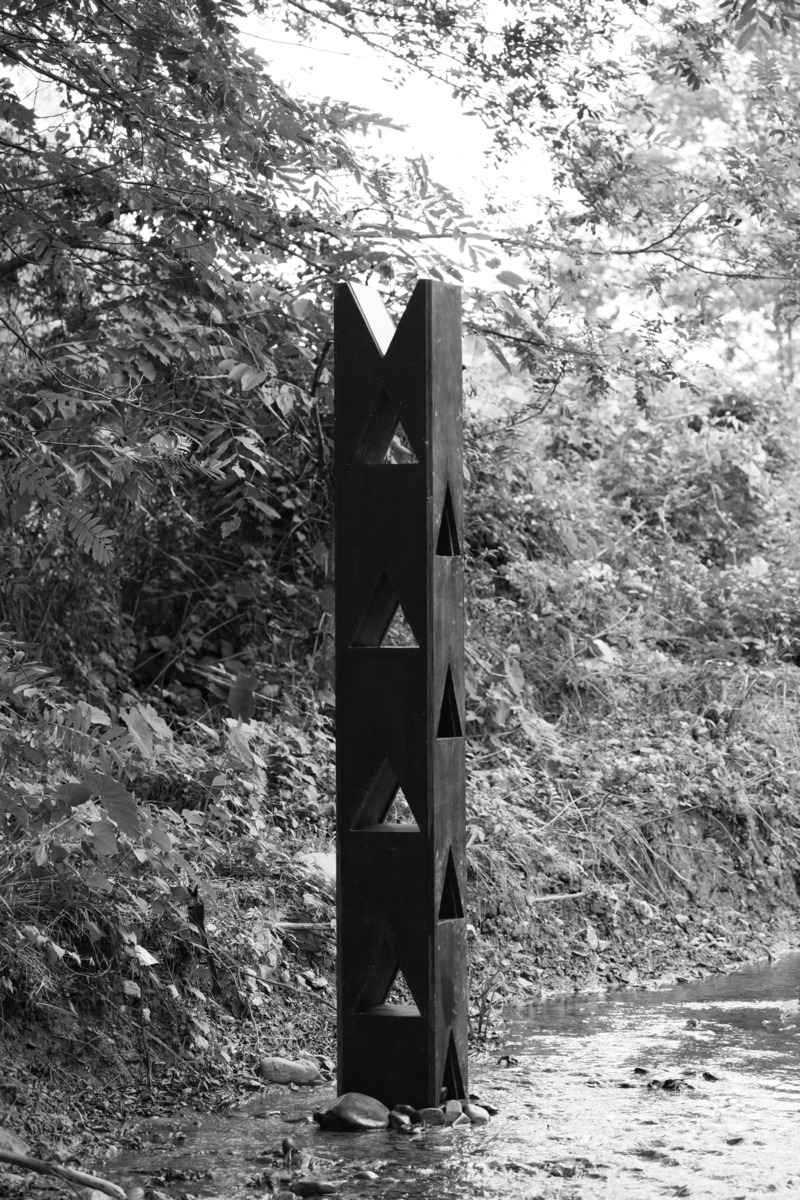
Image très haute résolution : 13.87 x 20.8 @ 300dpi ~ 14 Mo
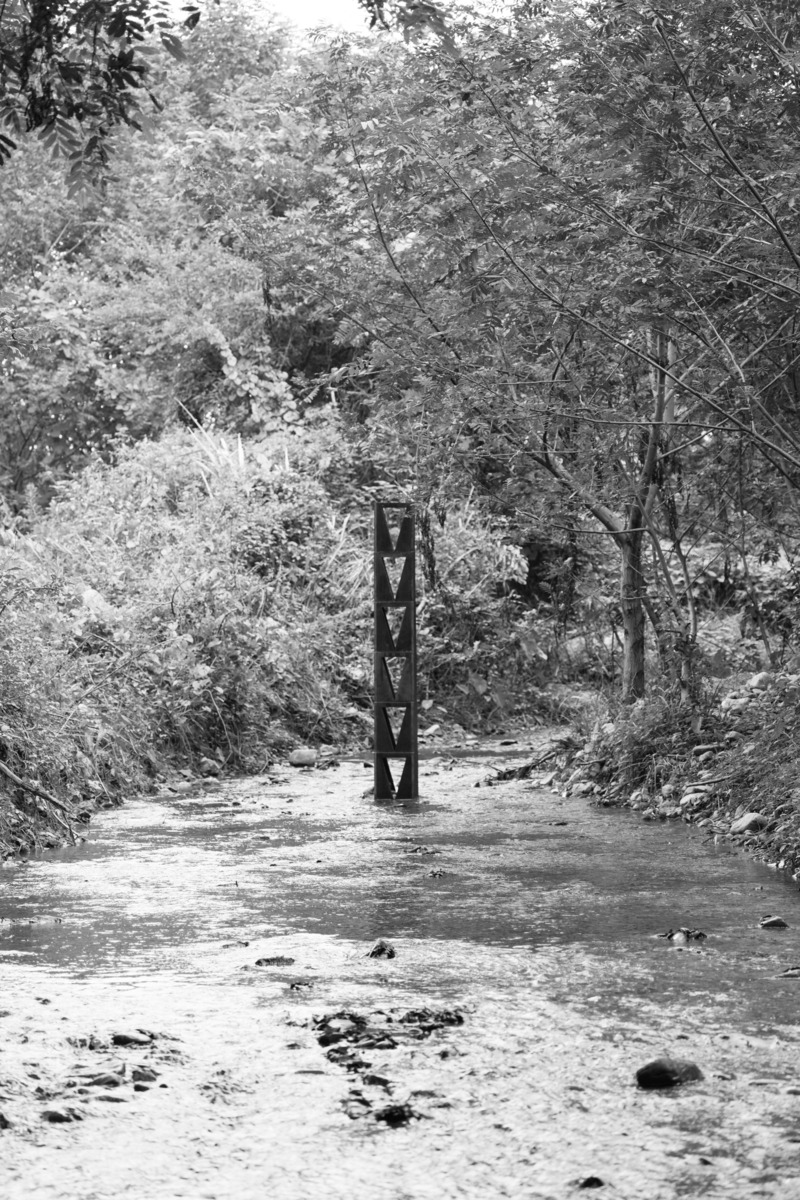
Image très haute résolution : 13.87 x 20.8 @ 300dpi ~ 14 Mo
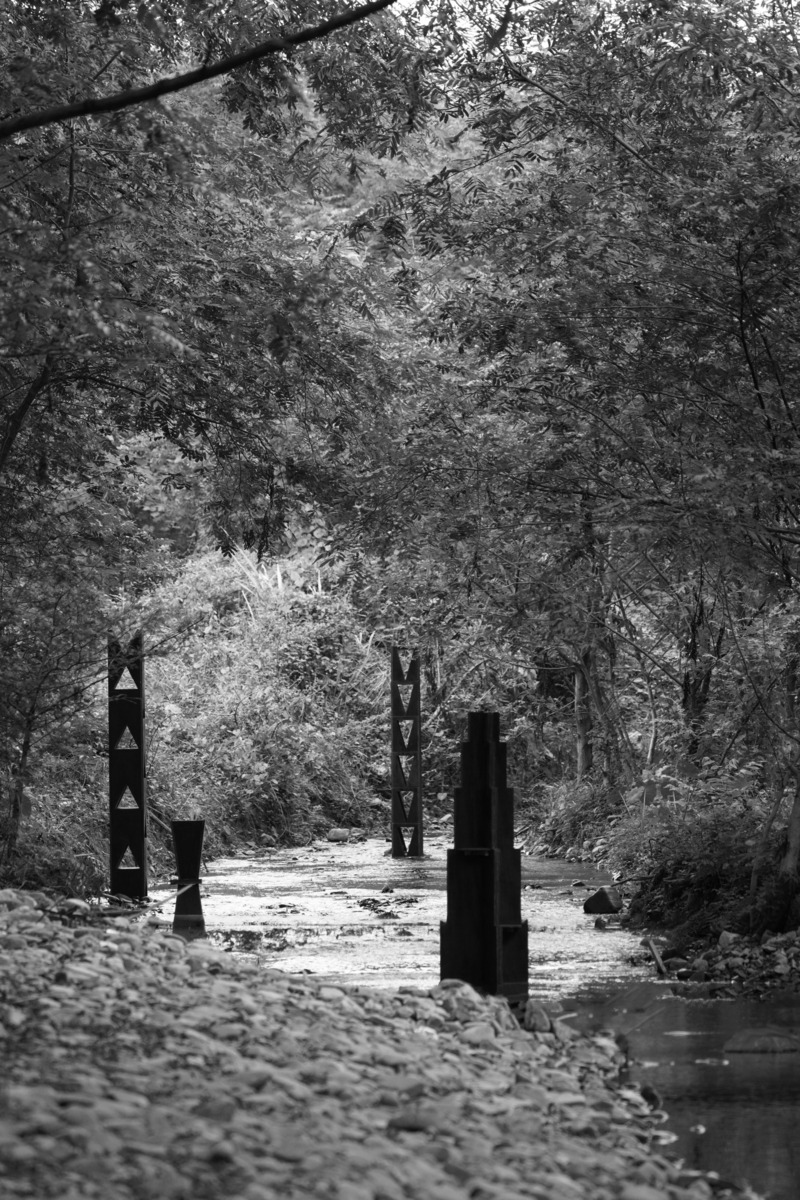
Image très haute résolution : 13.87 x 20.8 @ 300dpi ~ 15 Mo
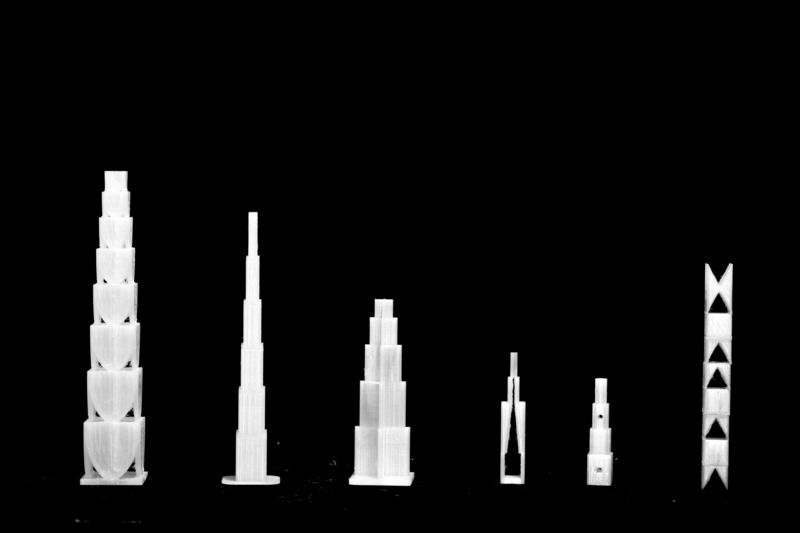
Image très haute résolution : 20.8 x 13.87 @ 300dpi ~ 1,5 Mo
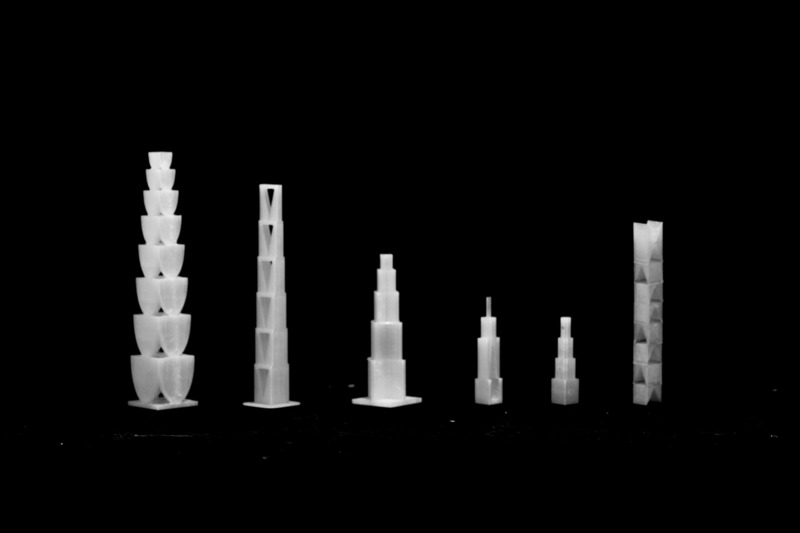
Image très haute résolution : 20.8 x 13.87 @ 300dpi ~ 1,5 Mo
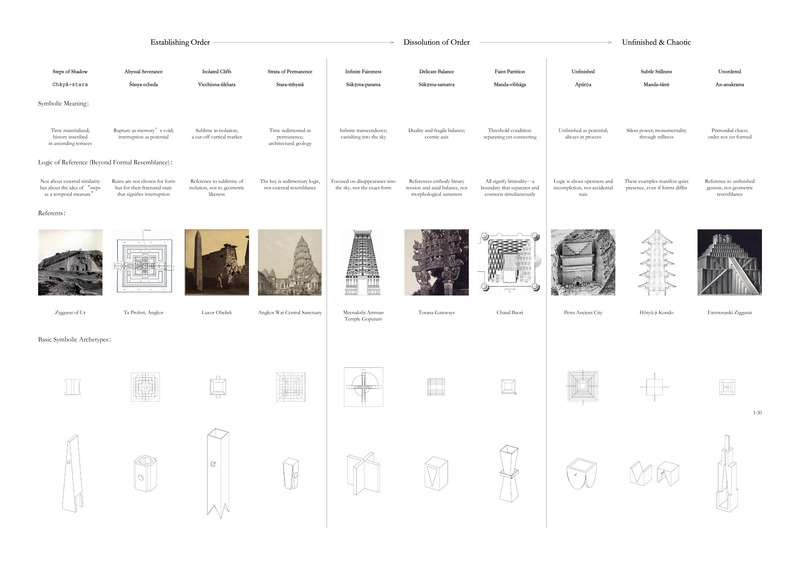
Image très haute résolution : 33.07 x 23.39 @ 300dpi ~ 9,4 Mo
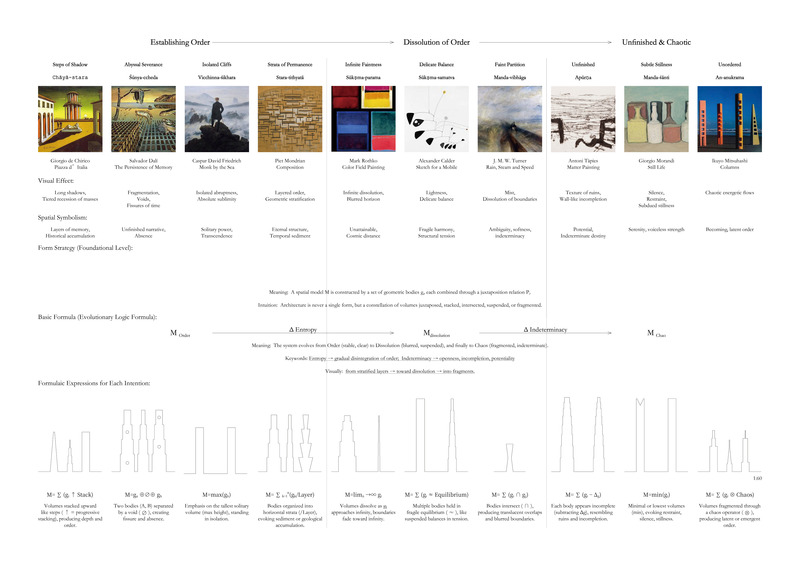
Image très haute résolution : 33.07 x 23.39 @ 300dpi ~ 10 Mo
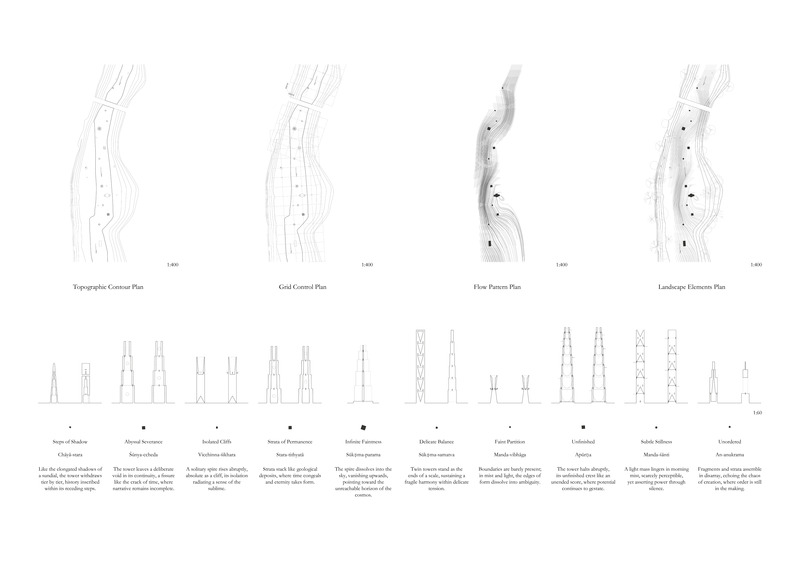
Image très haute résolution : 33.07 x 23.39 @ 300dpi ~ 7,8 Mo
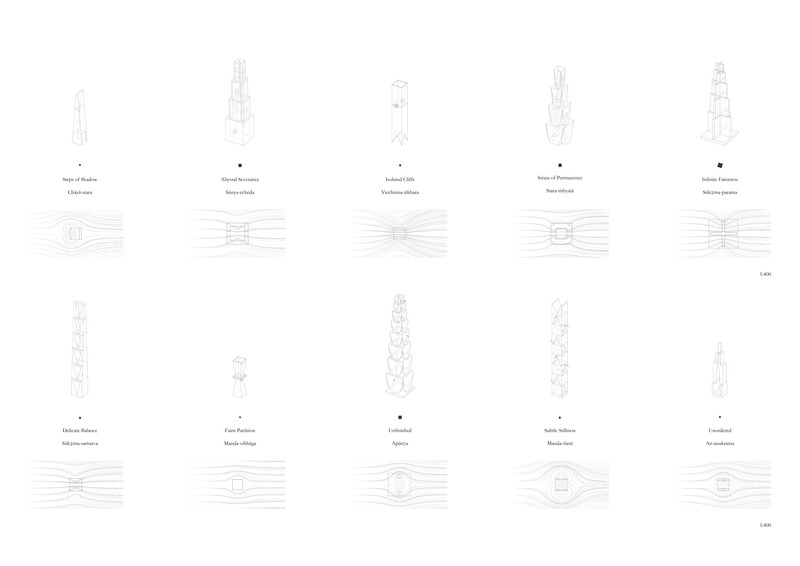
Image très haute résolution : 33.07 x 23.39 @ 300dpi ~ 7,3 Mo
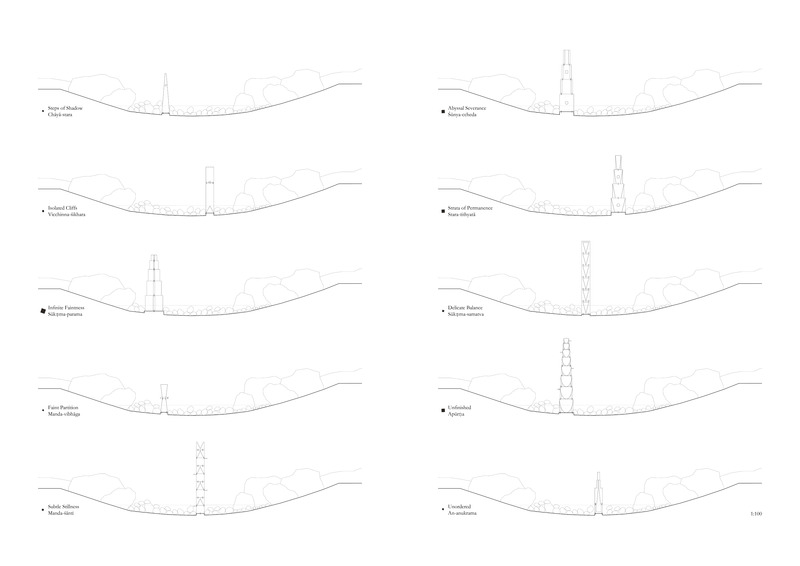
Image très haute résolution : 33.07 x 23.39 @ 300dpi ~ 6,2 Mo
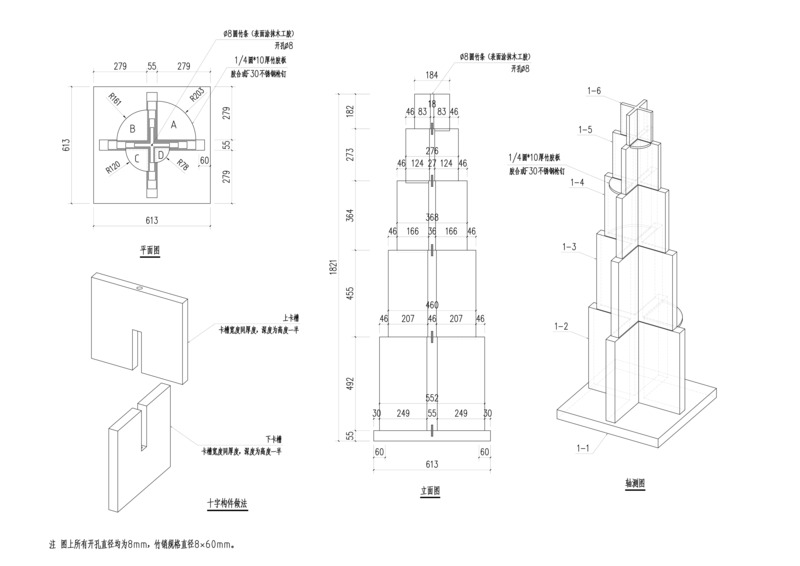
Image très haute résolution : 33.07 x 23.39 @ 300dpi ~ 6,3 Mo
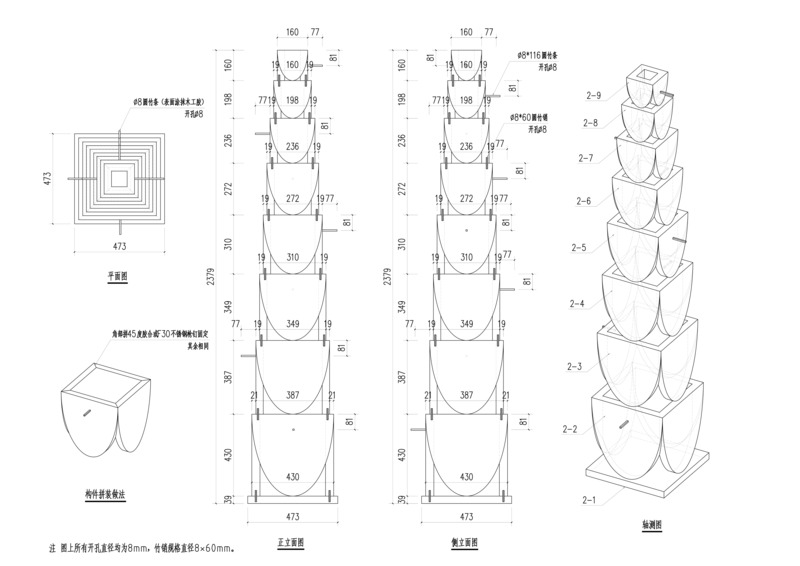
Image très haute résolution : 33.07 x 23.39 @ 300dpi ~ 7,3 Mo
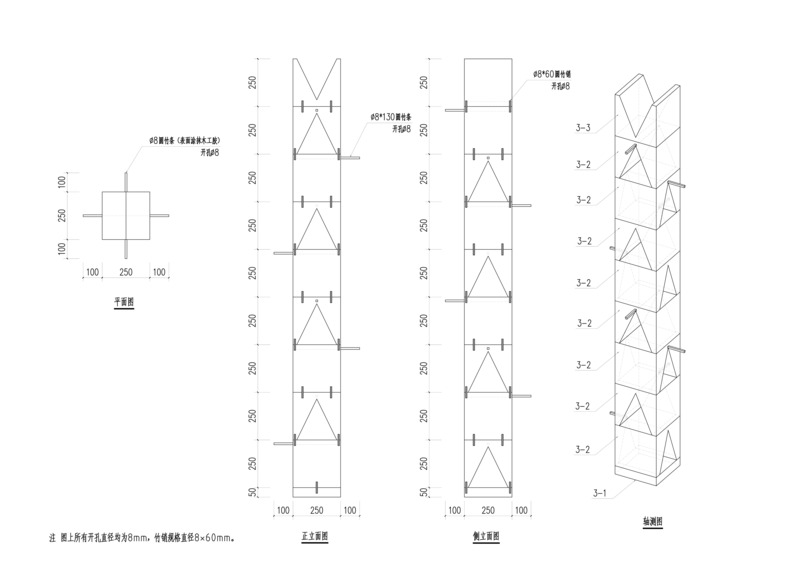
Image très haute résolution : 33.07 x 23.39 @ 300dpi ~ 6 Mo




